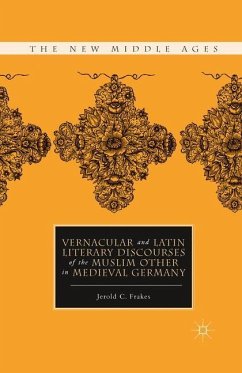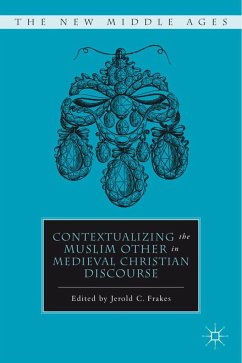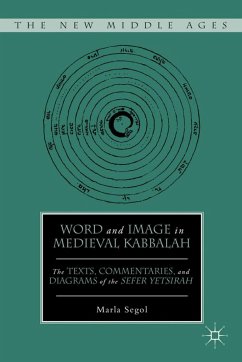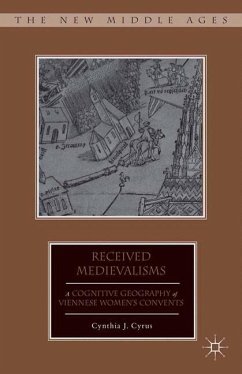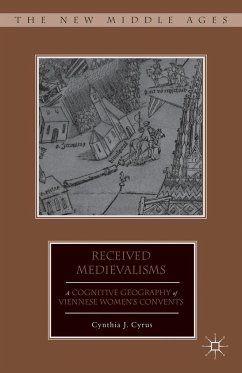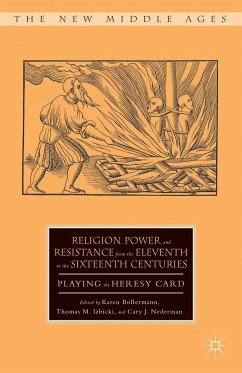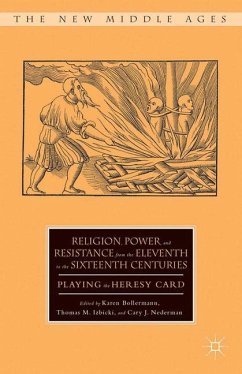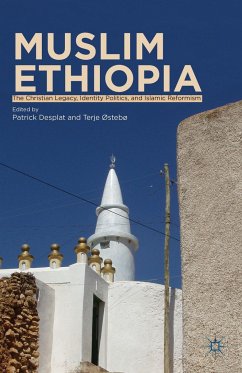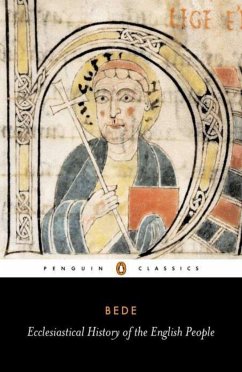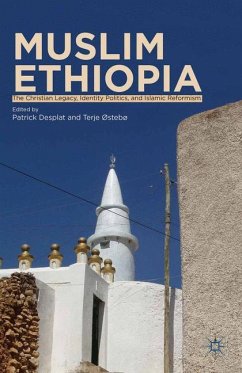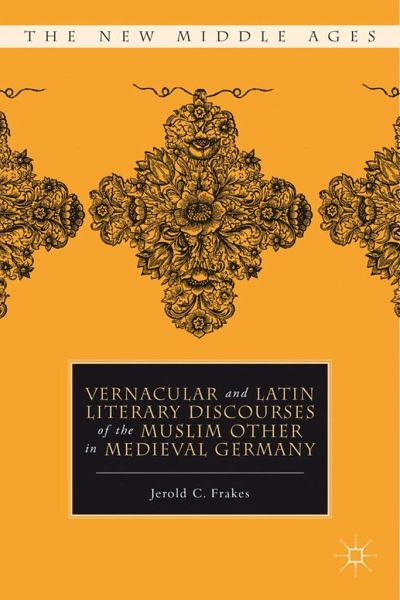
Vernacular and Latin Literary Discourses of the Muslim Other in Medieval Germany
Versandkostenfrei!
Versandfertig in 6-10 Tagen
38,99 €
inkl. MwSt.
Weitere Ausgaben:

PAYBACK Punkte
19 °P sammeln!
Little attention has been focused the representation of Muslims in medieval Germany. Proceeding from a grounded use of contemporary cultural theory and close textual analysis, this study focuses Muslims in several core texts representing drama, epic, and lyric written by the most important writers of medieval Germany. Far from simply adding medieval Germany to the growing scholarly list of the 'pre-post-colonializing' European cultures, the study provides important new perspectives.





